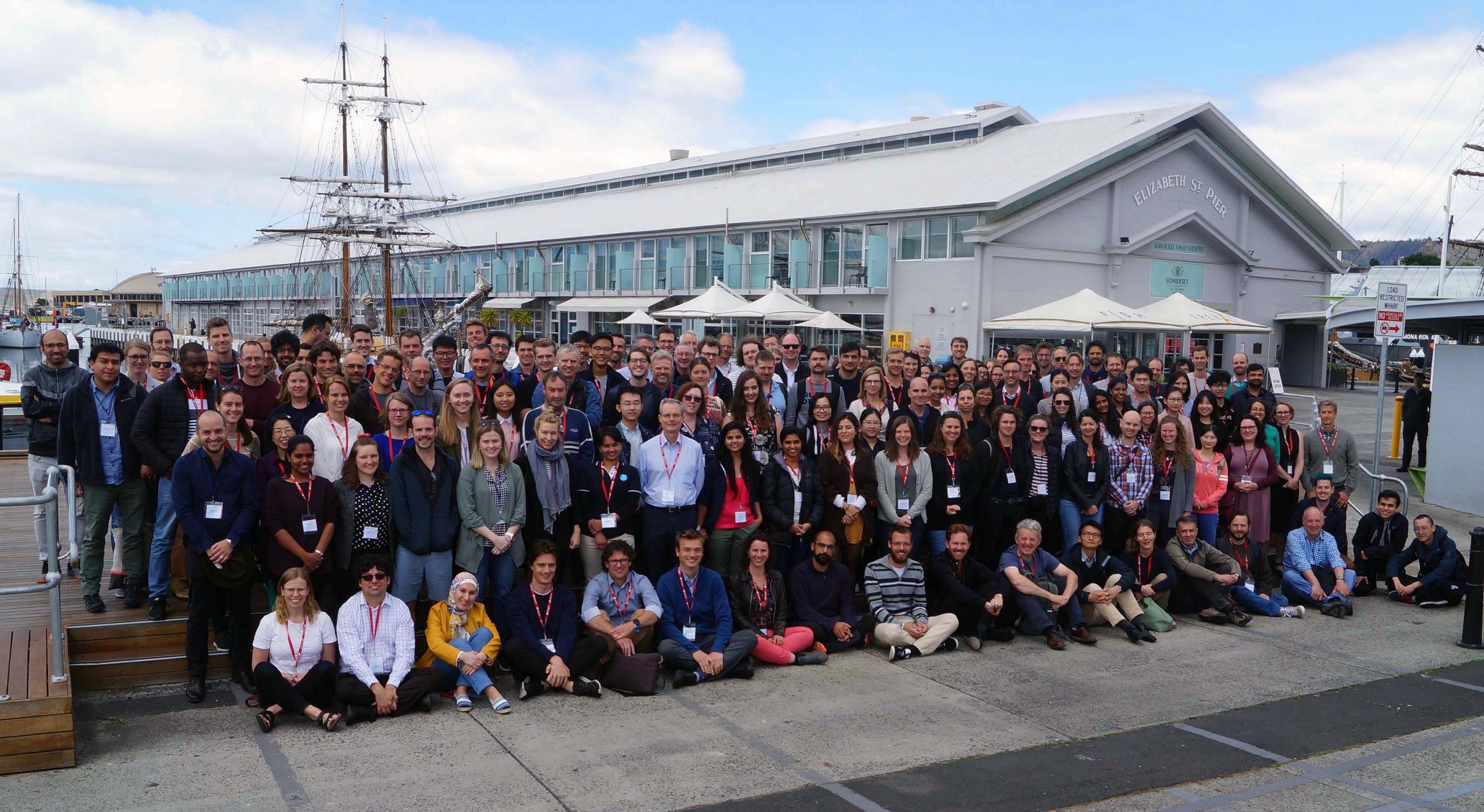-
Don’t look to mature forests to soak up carbon dioxide emissions
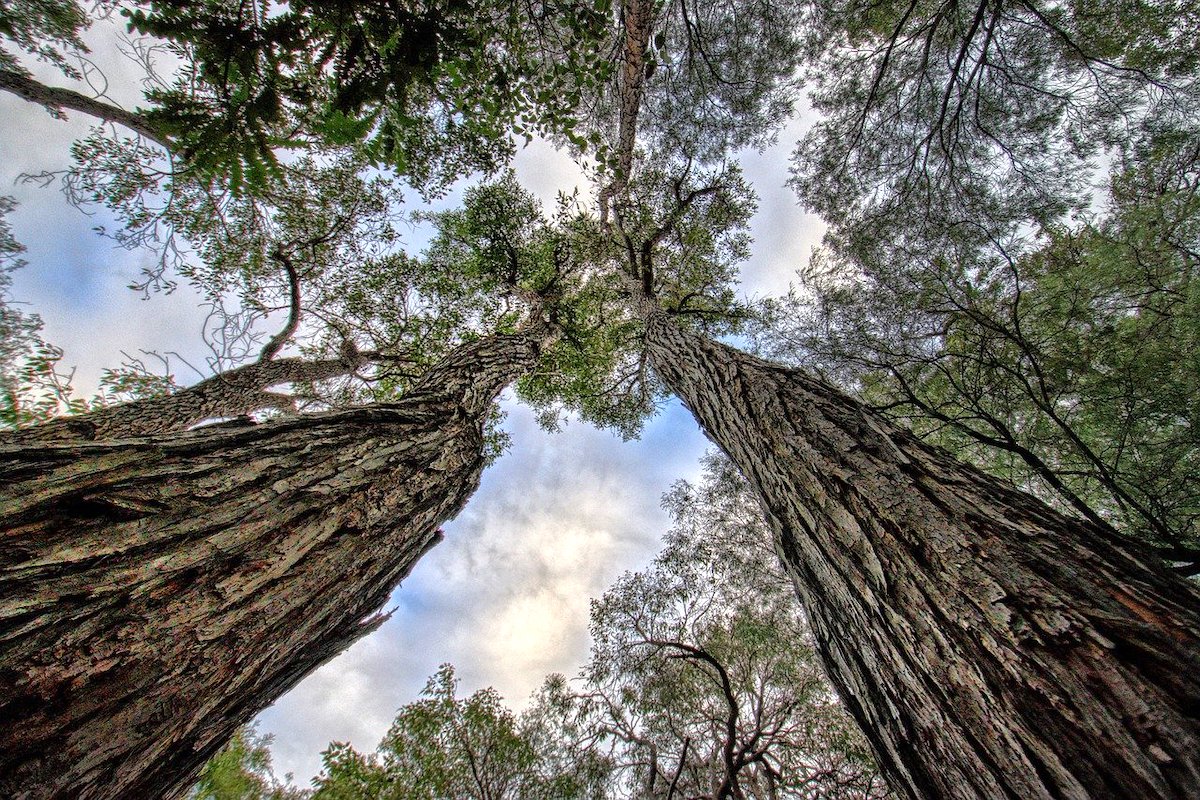
Models used to project future climate change, and impacts of climate change on plants and ecosystems, currently assume that mature forests will continue to absorb carbon over and above their current levels, acting as carbon sinks. The findings from this research suggest that those sinks may in actual fact be weaker or absent for forests…
-
Climate Processes Research in Australia: A report to the National Climate Science Advisory Committee:
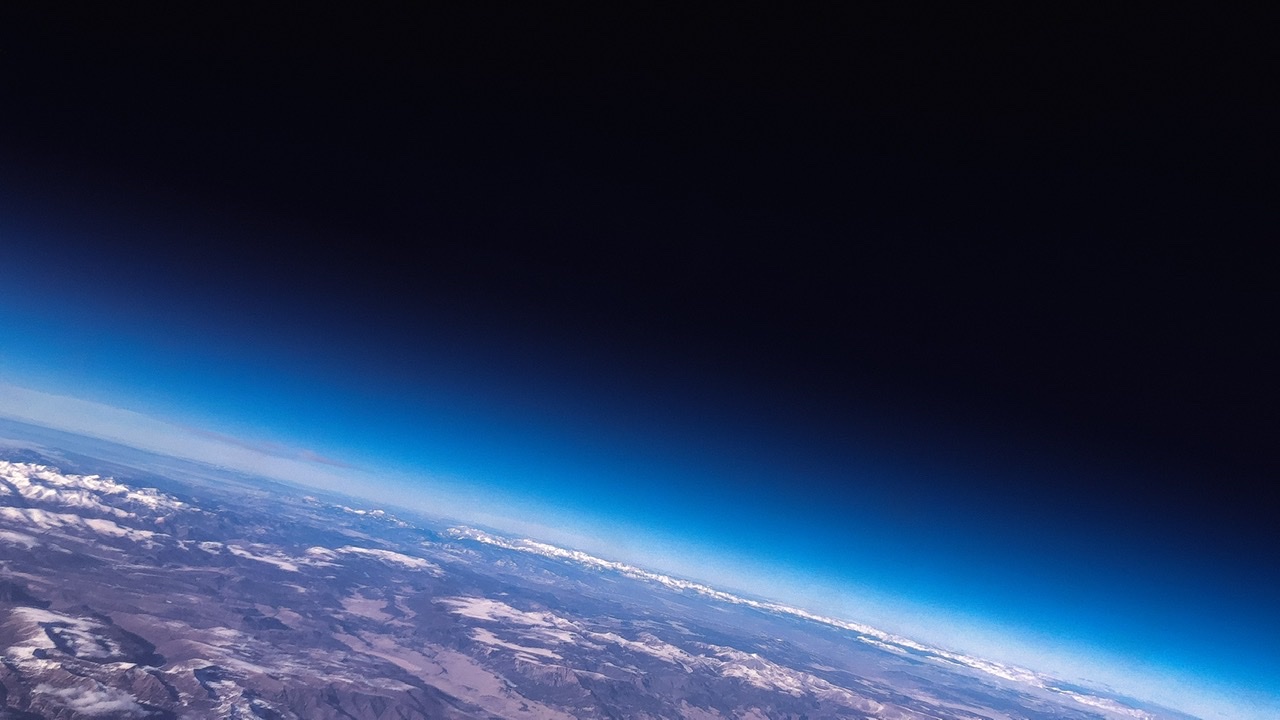
This report responds to a request by the National Climate Science Advisory Committee (NCSAC) for input to its strategic discussions in the area of climate processes research. Specifically, it summarises the current state of climate processes research in Australia, identifies gaps, and provides options for moving the area forward into the next decade.
-
Indian Ocean phenomenon spells climate trouble for Australia
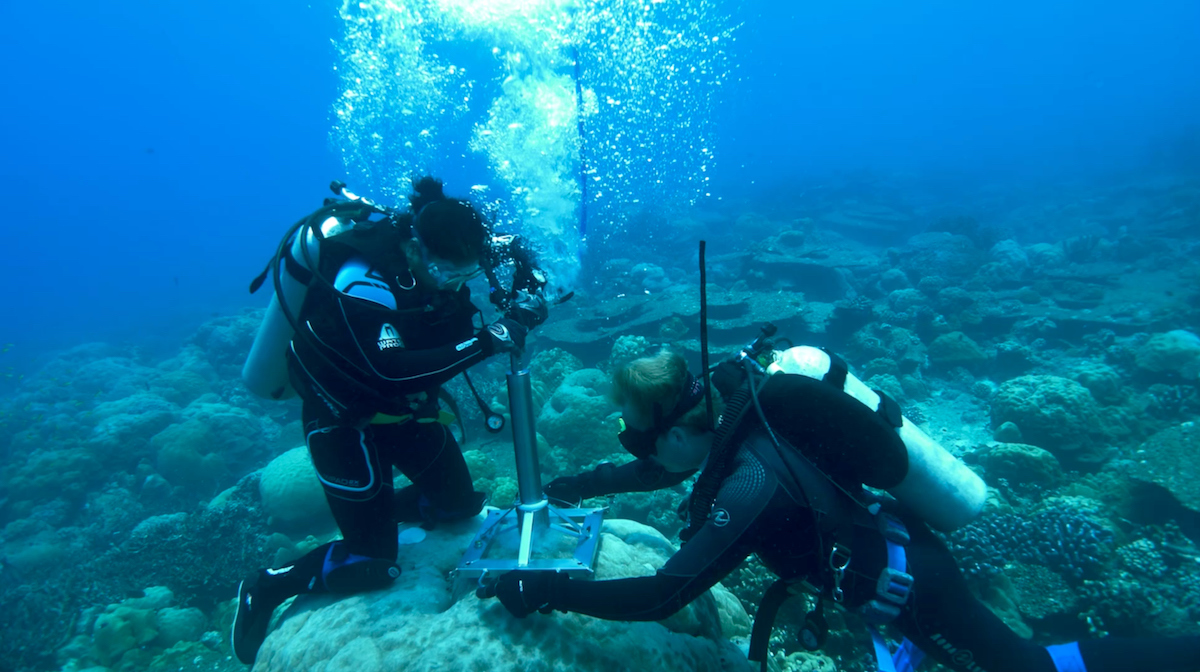
New international research has found a worrying change in the Indian Ocean’s surface temperatures that puts southeast Australia on course for increasingly hot and dry conditions.
-
ARC Centre of Excellence for Climate Extremes makes panel pledge

In recognition of International Women’s Day, the chief investigators at the ARC Centre of Excellence for Climate Extremes (CLEX) have signed up to the Male Champions of Change Panel Pledge. This commits the chief investigators to bring gender balance to every forum
-
How to have a successful conference when you’re an introverted agoraphobic
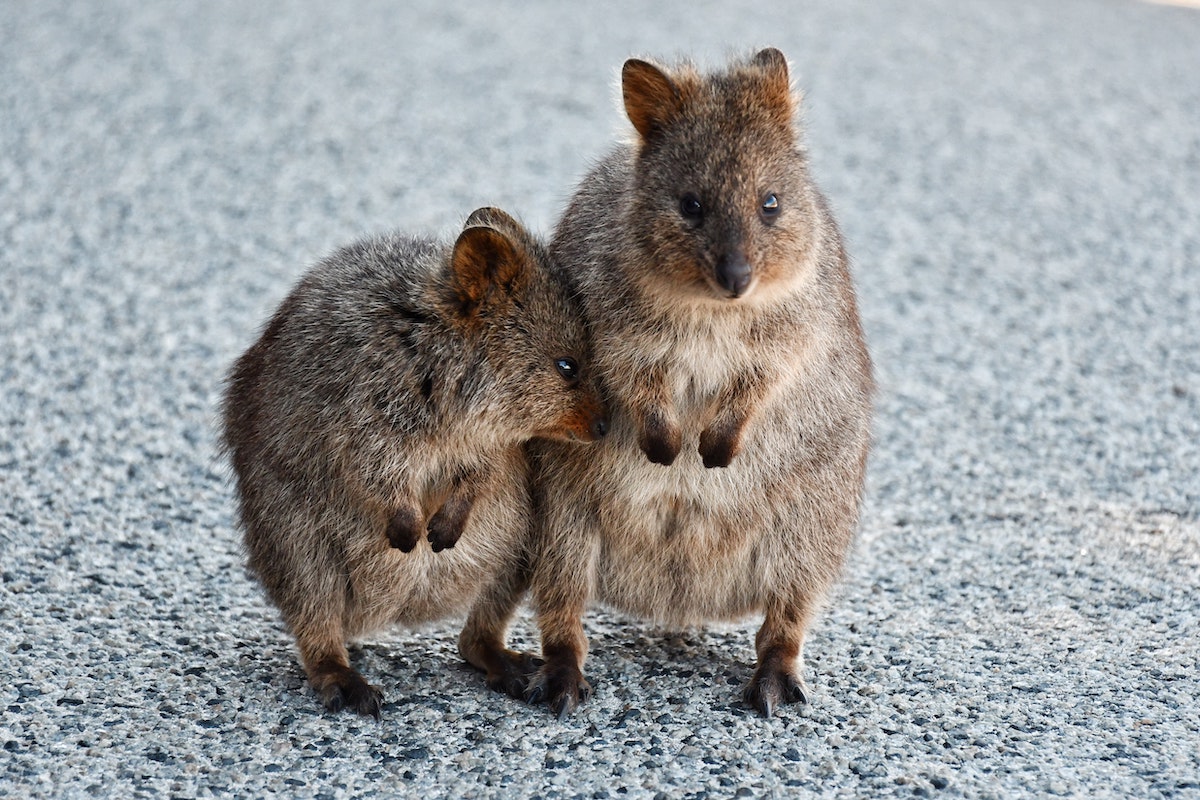
Kim Reid had a very fruitful conference at AMOS 2020, but she also had two panic attacks. Here she talks about living with these attacks and how someone in a similar situation can navigate and still get plenty of benefits from crowded conferences.
-
Explainer: Focus on drought-breaking rain helps us understand Australian droughts
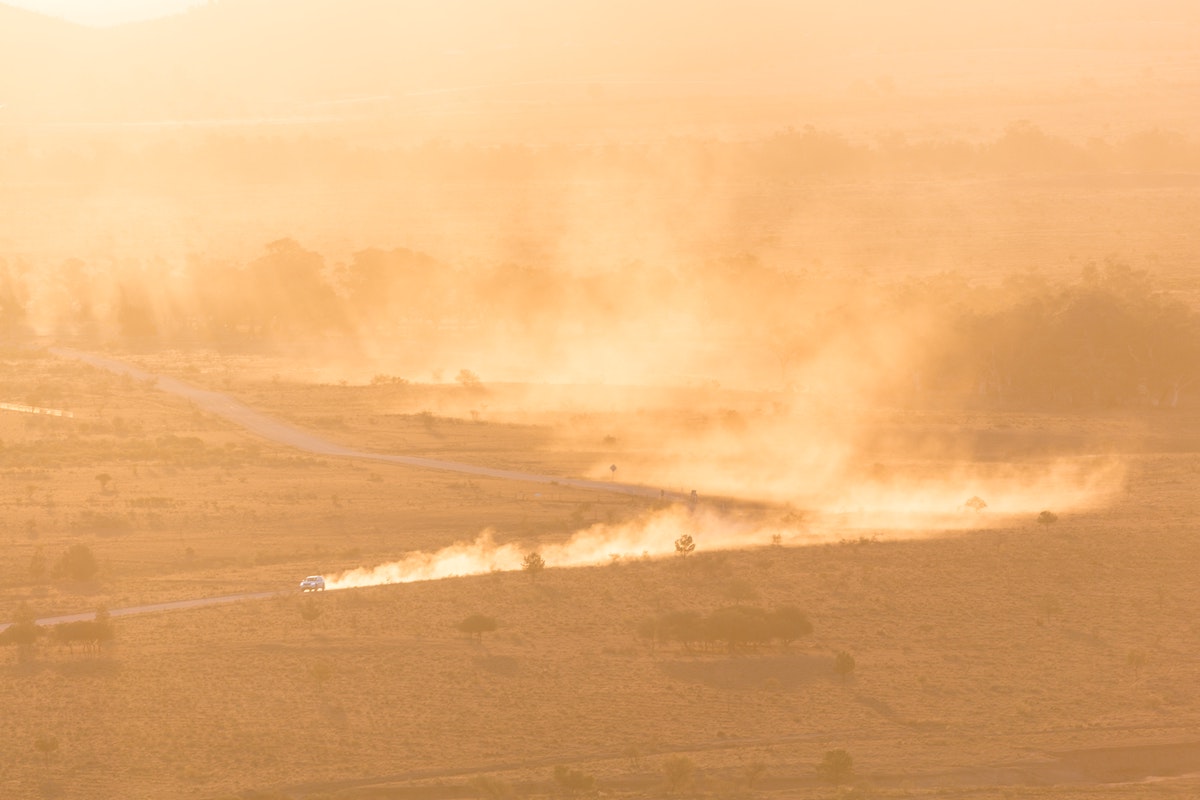
In this study of drought and rainfall over the Murray Darling Basin, CLEX authors find that the length of time between La Niñas and negative-IODs is an important indicator of the likelihood of drought for this region.
-
Montreal Protocol set to slow global warming by at least 1°C
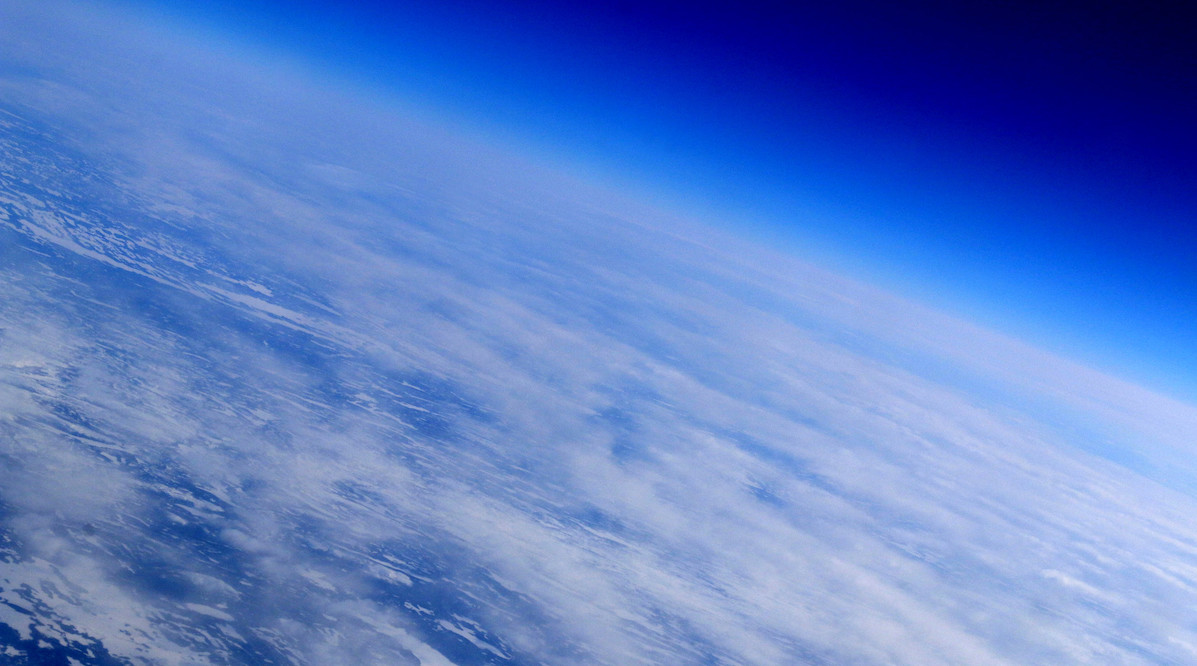
The Montreal Protocol, an international agreement signed in 1987 to stop chlorofluorocarbons (CFCs) destroying the ozone layer, now appears to be the first international treaty to successfully slow the rate of global warming.
-
Climate change will increase frequency of Australia’s most dangerous fires
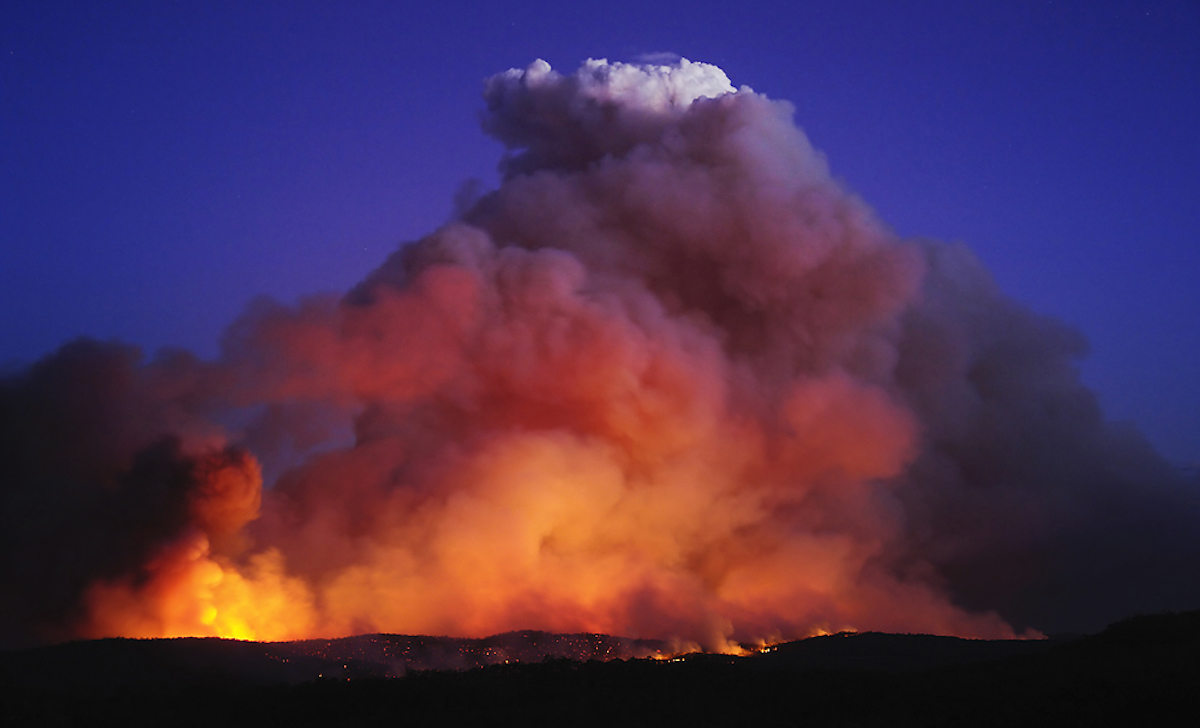
Catastrophic wildfires like the Black Saturday wildfires in 2009 and Canberra Wildfires of 2003, which were so large and dangerous that they generated their own weather systems – including the world’s first filmed fire tornado – are likely to be more frequent in the future as a result of climate change across southeast Australia
-
Record warm temperatures above Antarctica likely to bring hot and dry extremes to Australia
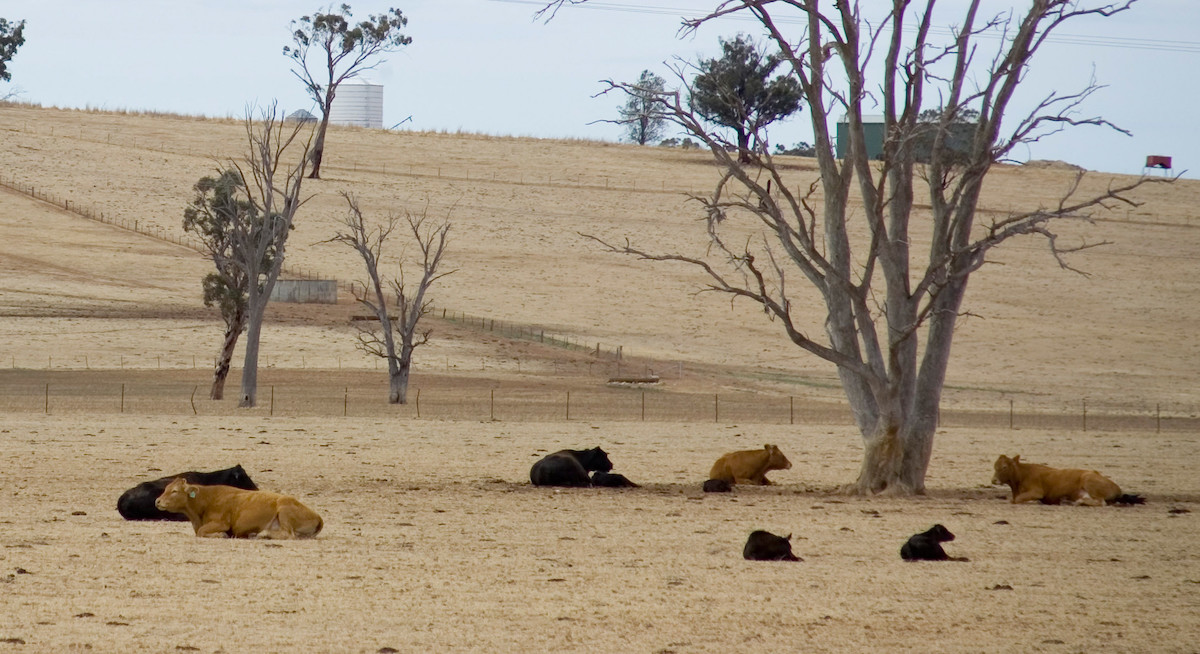
A new study with Centre of Excellence researchers warns that changes in springtime winds high above the South Pole could trigger higher than usual heat waves and fire-prone weather conditions in Australia.

